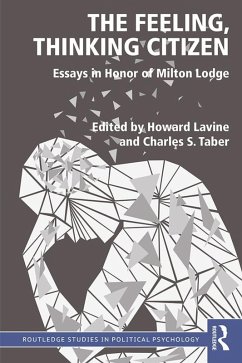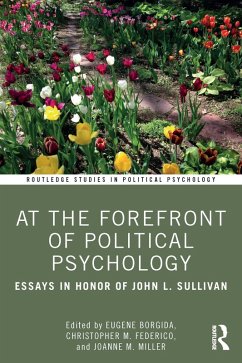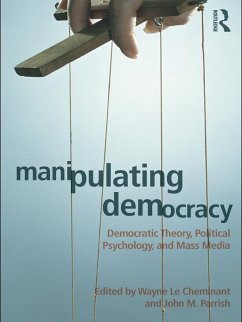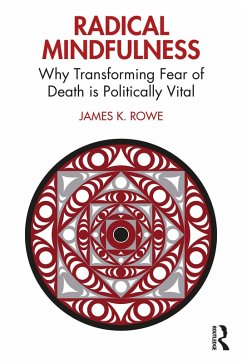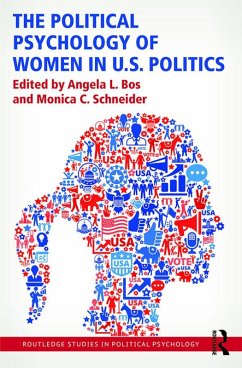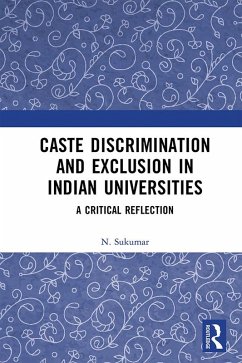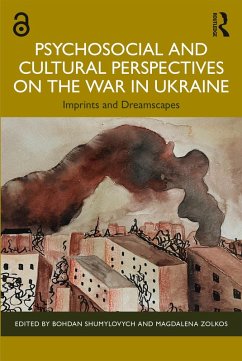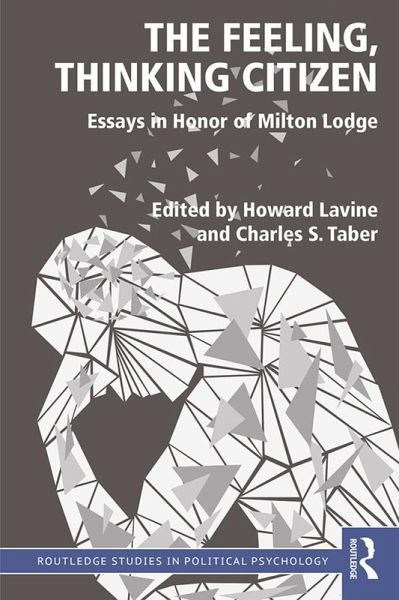
The Feeling, Thinking Citizen (eBook, PDF)
Essays in Honor of Milton Lodge
Redaktion: Lavine, Howard; Taber, Charles S.
Versandkostenfrei!
Sofort per Download lieferbar
39,95 €
inkl. MwSt.
Weitere Ausgaben:

PAYBACK Punkte
20 °P sammeln!
This book is an appreciation of the long and illustrious career of Milton Lodge. Having begun his academic life as a Kremlinologist in the 1960s, Milton Lodge radically shifted gears to become one of the most influential scholars of the past half century working at the intersection of psychology and political science. In borrowing and refashioning concepts from cognitive psychology, social cognition and neuroscience, his work has led to wholesale transformations in the way political scientists understand the mass political mind, as well as the nature and quality of democratic citizenship.In th...
This book is an appreciation of the long and illustrious career of Milton Lodge. Having begun his academic life as a Kremlinologist in the 1960s, Milton Lodge radically shifted gears to become one of the most influential scholars of the past half century working at the intersection of psychology and political science. In borrowing and refashioning concepts from cognitive psychology, social cognition and neuroscience, his work has led to wholesale transformations in the way political scientists understand the mass political mind, as well as the nature and quality of democratic citizenship.
In this collection, Lodge's collaborators and colleagues describe how his work has influenced their own careers, and how his insights have been synthesized into the bloodstream of contemporary political psychology. The volume includes personal reflections from Lodge's longstanding collaborators as well as original research papers from leading figures in political psychology who have drawn inspiration from the Lodgean oeuvre. Reflecting on his multi-facetted contribution to the study of political psychology, The Feeling, Thinking Citizen illustrates the centrality of Lodge's work in constructing a psychologically plausible model of the democratic citizen.
In this collection, Lodge's collaborators and colleagues describe how his work has influenced their own careers, and how his insights have been synthesized into the bloodstream of contemporary political psychology. The volume includes personal reflections from Lodge's longstanding collaborators as well as original research papers from leading figures in political psychology who have drawn inspiration from the Lodgean oeuvre. Reflecting on his multi-facetted contribution to the study of political psychology, The Feeling, Thinking Citizen illustrates the centrality of Lodge's work in constructing a psychologically plausible model of the democratic citizen.
Dieser Download kann aus rechtlichen Gründen nur mit Rechnungsadresse in A, B, BG, CY, CZ, D, DK, EW, E, FIN, F, GR, HR, H, IRL, I, LT, L, LR, M, NL, PL, P, R, S, SLO, SK ausgeliefert werden.




